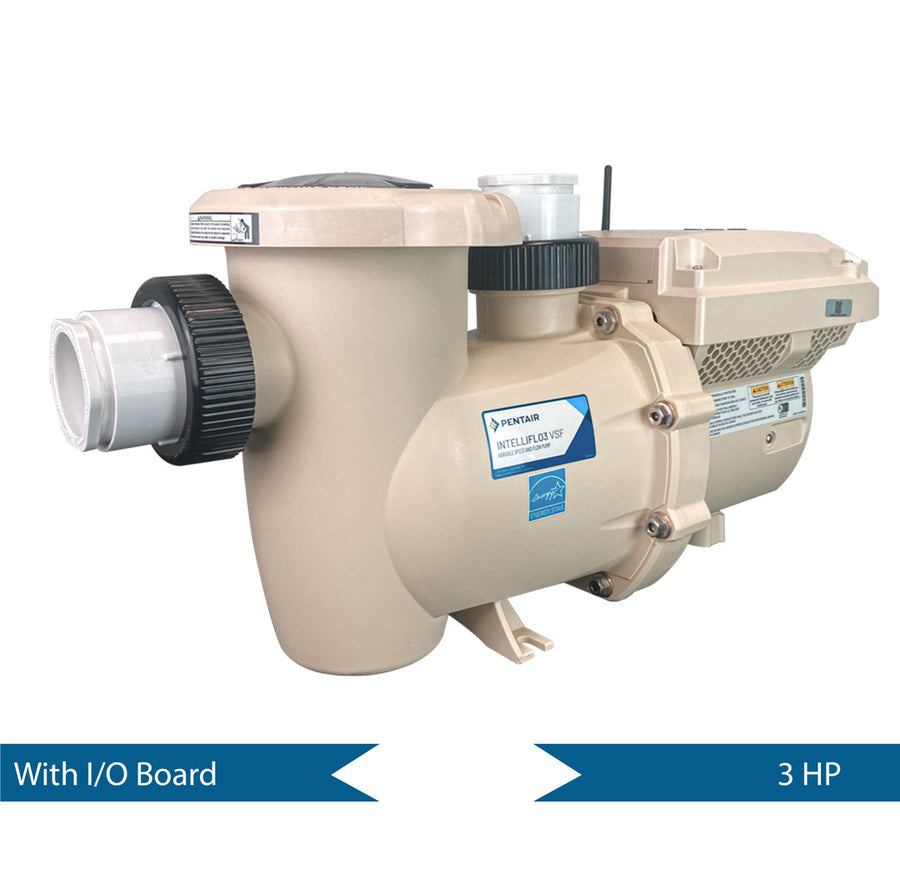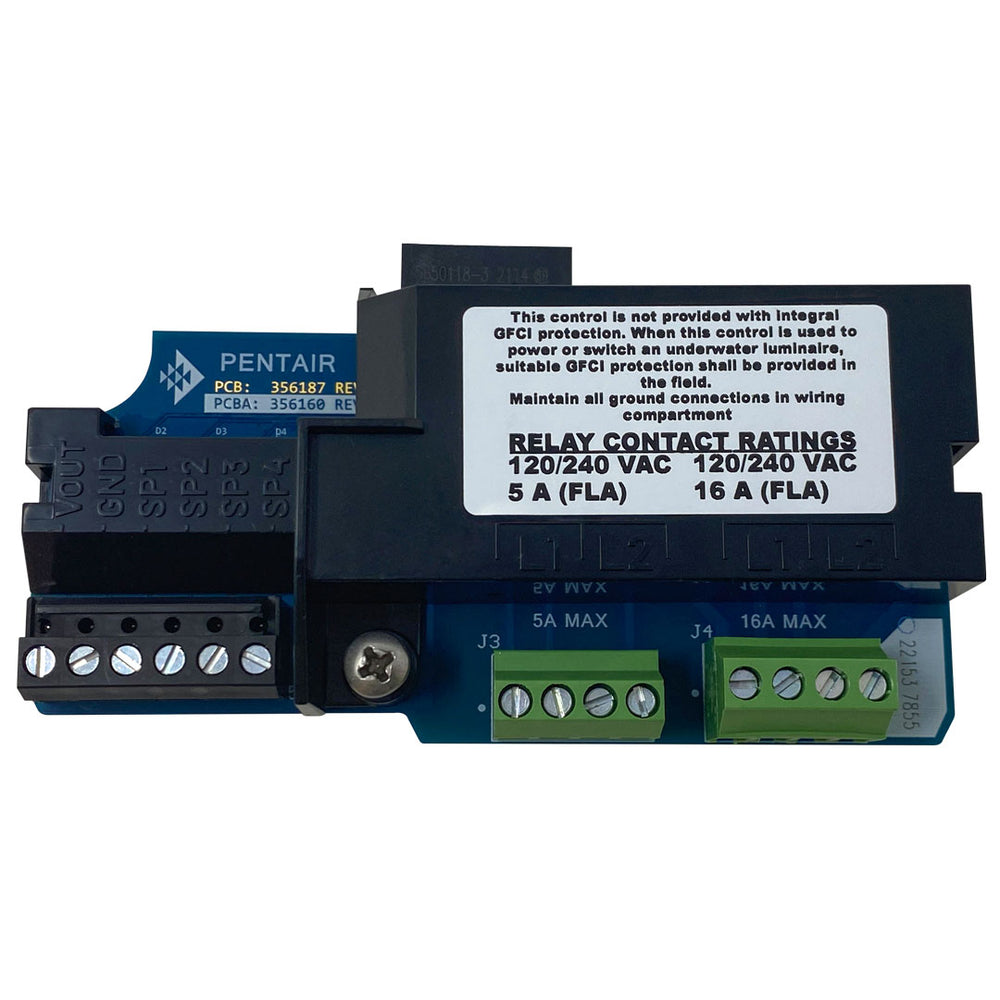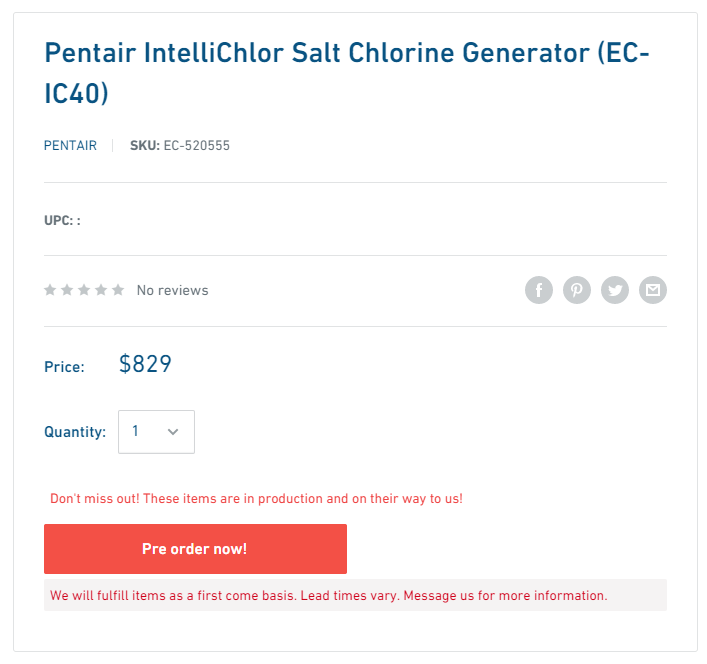How to Choose the Right Pool Filter - Comparison
Welcome back, ePoolSupply supporters! In today's blog, I would like to go over and compare the different types of filters. The filters I will be going over are the sand, cartridge, and D.E. filters. Though chlorine and other sanitizers work to kill bacteria and other contaminants, the filter is what removes them from the water. Without it, your pool water would grow cloudy and filled with debris. You want a filter that will trap contaminants, be easy to clean and maintain, and last more than just a few seasons. To learn the difference between each one, keep on reading!
Sand Filters
The most traditional type of filter is the sand filter. Your pool pump sucks water in from the skimmers, then pushes it through a large filtration tank full of sand. Capable of filtering 20–40 micron-sized particles, sand filters are excellent at trapping larger debris, but are less effective at filtering smaller particles. Sand filters are low maintenance and also relatively inexpensive compared to other types of filters. A pressure gauge on the side of the filter will alert you to increasing internal pressure which is a sign it’s time to backwash the filter. In this easy cleaning method, the filter reverses the water flow, flushing all the debris to waste. After backwashing your pool, you might find yourself rebalancing and refilling your pool. As a result, you spend more money on chemicals and water. Not to mention, you also have to figure out where you are backwashing the water.
Pros
- Easier maintenance
- Least expensive purchase cost
- Straightforward operation
- Sand last 5-7 years before needing to be changed
- Can filter large volumes of water quickly
Cons
- Can only filter 20 microns, which is the least effective
- Requires backwashing to clean the filter and will waste water and off balance your pool water
- Need to determine where your backwash water will go
- Building pressure decreases filter efficiency
- Higher spending costs on chemicals and water

Cartridge Filters
Cartridge filters use a pleated filter cartridge inside the tank to trap debris and particles. As water flows through the cartridge, the pleats trap dirt and debris, before sending clean water back to the pool. The larger the surface area, the more dirt particles you can filter out. Cartridge filters can capture debris as small as 10-15 microns. In terms of efficiency, cartridge filters fall in the middle. When the cartridges are dirty or the pressure in your filter rises, it is time to clean them. Cleaning a cartridge filter involves removing the cartridges and gently hosing off the debris, whenever the pressure gauge reads 8–10 psi higher than normal. However, each time you clean a filter cartridge, you reduce its filtering ability. The more frequently a cartridge is cleaned, the sooner you will need to replace it. Depending on the water chemistry, most pool owners clean their cartridges every six months.
Pros
- Low maintenance
- Easy to clean
- Most energy efficient
- Filters contaminants as small as 10 microns
- Performs well at low speeds, such as with variable-speed pumps
- The easiest type of filter to install
Cons
- Can be less effective at filtering large volumes of water quickly
- Works best with slow flow rates
- Heavy algal build-up can potentially clog the cartridge. You will need to rinse the cartridge more frequently.
Check out what cartridge filters we have to offer!

D.E. Filters
Diatomaceous Earth filters, better known as D.E. filters, use diatomaceous earth-covered grids to trap pool water contaminants. D.E. filters are the most precise type of filter, trapping particles as small as 1–3 microns in size. They are also incredibly efficient and can filter large amounts of water in one cycle. However, like sand filters, you clean D.E. filters by backwashing. Like most filters, you can monitor your pressure gauge to determine when your filter needs backwashing. After backwashing, you need to add more D.E. powder into your pool’s skimmer to refill the filter tank, which can become costly if you backwash the filter frequently. This is one of the reasons why D.E. filters require the most maintenance.
Pros
- Best filtration ability
- Can filter large volumes of water quickly
- Easy to replace D.E. powder
- Can go a few months without backwashing
- Grids can last several years if properly cared for
Cons
- Highest cost filter
- Hard to find for above-ground pools
- D.E. powder can be harmful if inhaled
- Disassembling the filter grids can be time-consuming
- D.E. powder needs to be replenished after every backwashing
Check out what D.E. filters we have to offer!

In conclusion, choosing a pool filter is an important decision for your pool. However, at the end of the day, you need to pick a filter that caters to your pool and personal needs. Before choosing your new pool filter, consider factors such as initial costs, maintenance routines, maintenance costs, costs associated with repairs, and ease of operation. No matter what pool filter you choose, remember that keeping your water chemistry balanced gets you more than halfway to a clean pool. Stay on top of cleaning and maintenance, and your filter can last you for many years to come. If you have any questions about these filters, please feel free to reach out to us and we will help you to the best of our ability!
Check out our YouTube videos we have created for these filters!







Leave a comment